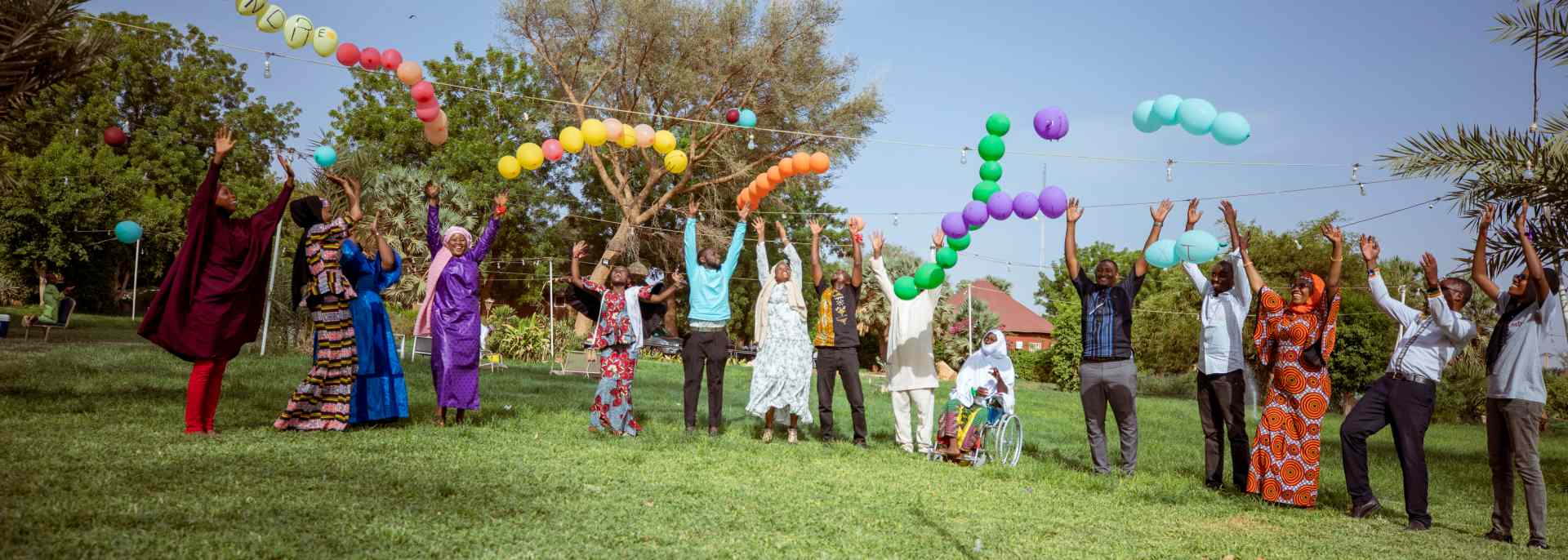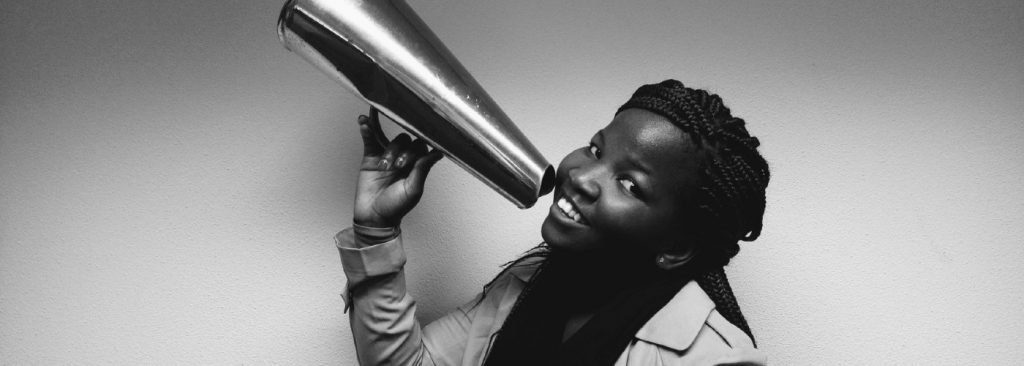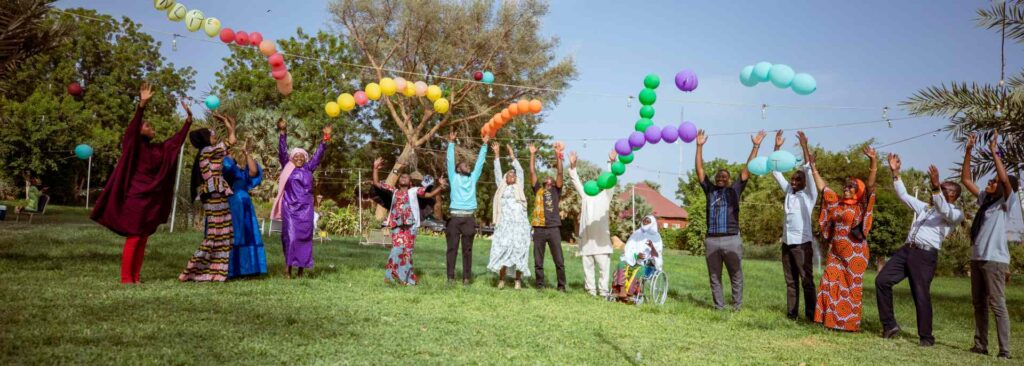By Sheila Mulli, Regional Program Manager – Voice Kenya & Tanzania
Money is always a tough conversation to have in any relationship, whether personal or professional. In my short time as a grant maker, I’ve come to realize that money conversations will never be easy, and they definitely play a large part in the power dynamics of philanthropy. To be a good grant maker, I believe it’s important to build a thriving relationship with grantees that lasts beyond the contractual agreements.
In the development sector, especially now that Covid-19 has drawn back the curtain on so many inequalities, it’s important to identify what underpins the relationship funders have with grantees: power and money. This is not new; it’s just something that continues to evolve within the different contexts we all work in.
I want my relationship with a grantee to go beyond the routine practices of grant making.
2020 was a year that will remain long in our memories. A virus completely changed how we see the world and do things. At the heart of the pandemic were communities ravaged socially, economically, and politically by Covid-19 restrictions and in dire need of support. Worse still, funding was dwindling at an extreme rate.
For funders, this was a time to reflect on how we can walk together with the communities we support. How we can learn new lessons about resilience, remaining true to causes, and enabling flexible funding through rapid response mechanisms.
In my personal analysis and reflection, I was keen on going beyond the static funding relationship to one that integrates empathy and contributes to equity and justice. It’s easy to think that grantee relationships should basically just be about launching a call, selecting a project to support, and then closing the project. But I want my relationship with a grantee to go beyond the routine practices of grant making. And that inherently requires building trust.
Trust is one of the toughest values to establish in any relationship. It means each party must be transparent, and to a certain extent, vulnerable. If this is what is required of me in a personal relationship, why not in a professional relationship with a grantee? As a grant maker at Hivos leading the Voice program in Kenya, I have engaged and supported 36 grantees. Trust has been a central pillar of all these thriving partnerships.
The selection process
Our trust journey begins with a conversation during the selection process of the application phase. This process requires me to share with the applicant comments from the Voice selection committee about aspects of their proposal that were unclear. They then have the opportunity to clarify and revise their application.
The next step is to visit the applicant. This is when we get an idea of how the applicant organisation is structured and governed. This is critical so that grantees do not alter their organizations’ goals to fit into Voice, but rather for us to understand how the grantee works, especially with their community. We use this due diligence process to identify anything that might hinder successful implementation of the project.
Kicking off our partnership
Upon successful due diligence, the journey usually culminates in an inception meeting where transparency is vital. This is when Voice clearly outlines what is required from each party during the partnership.
These meetings also define the boundaries in the relationship. For example, the proper channels, moments and language to use for communication, and my role as a thought partner rather than a mentor. They also allow both the grantee and myself to realize that, while I’m willing to assist them with their capacity problems or in connecting to other grantees, this is still a professional relationship with boundaries. During this time of Covid, when our engagement is being done virtually, this has become even more important
Implementing with transparency and honesty
The third phase of our journey is the implementation phase. This is when we get to actively engage in the project and also become accountable for achieving the overall goals of the project and of Voice. It’s also a time for transparency between the grant maker and the grantee in identifying external and internal obstacles beyond our control that might affect implementation. This creates an incentive to work together openly and honestly.
My learnings and take away
Having never worked with some of the Voice rightsholders before, I had to seriously reassess the language I used. The lessons I’m taking with me through the second phase of Voice are ones of empathy, understanding and presence. I’m learning to be willing to expose my vulnerabilities and realize that I’m not the expert, but can support the community in other ways. My aim to be able to hold truly hope based conversations with grantees.
Advancing social justice through supporting grantees in their efforts to gain access to productive and social services as well as political participation is not an easy task. As I begin a new grant making cycle in 2021, in a time when face-to-face engagement is largely replaced by virtual communication, I take these lessons with me and look forward to building trust with new grantees.



